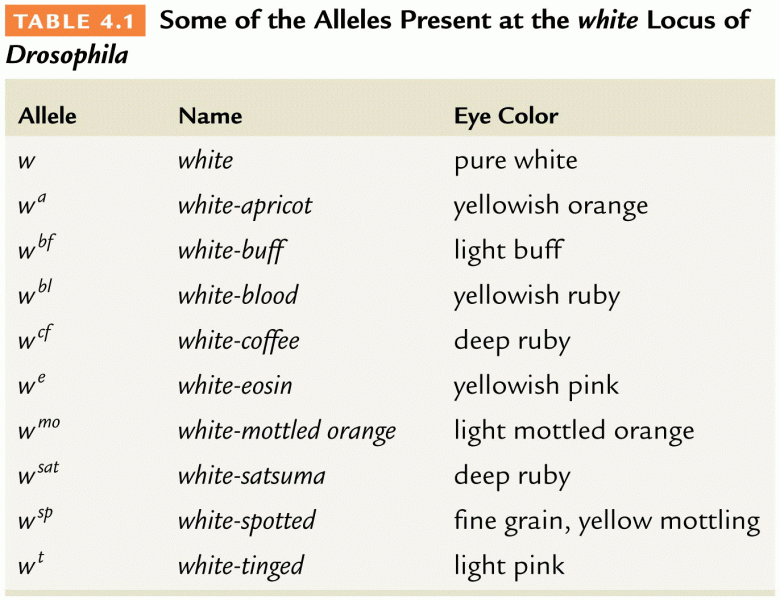Answer to Question 1
Answer: B
Explanation: A) Incorrect. Internal locus of control means that an individual feels that he or she chooses his/her destiny through his/her decisions. This is more indicative of self-determination (having a choice) than self-efficacy (feeling competent).
B) Correct. Internal locus of control means that an individual feels that he or she chooses his/her destiny through his/her decisions. This is indicative of self-determination (the sense of having a choice).
D) Incorrect. Internal locus of control means that an individual feels that he or she chooses his/her destiny through his/her decisions. This is more indicative of self-determination (having a choice) than meaningfulness (the activity complements their value system).
E) Incorrect. Internal locus of control means that an individual feels that he or she chooses his/her destiny through his/her decisions. This is more indicative of self-determination (having a choice) than trust (confidence that they will be treated fair and equitably).
Answer to Question 2
Answer: B
Explanation: A) Incorrect. Though meaningfulness is important, having a sense of self-efficacy determines whether people will try and persist in attempting to accomplish a difficult task.
B) Correct. Having a sense of self-efficacy (a belief in one's own competence) determines whether people will try and persist in attempting to accomplish a difficult task.
C) Incorrect. Though trust is important, having a sense of self-efficacy determines whether people will try and persist in attempting to accomplish a difficult task.
D) Incorrect. Though self-determination is important, having a sense of self-efficacy determines whether people will try and persist in attempting to accomplish a difficult task.
E) Incorrect. Though personal control is important, having a sense of self-efficacy determines whether people will try and persist in attempting to accomplish a difficult task.






